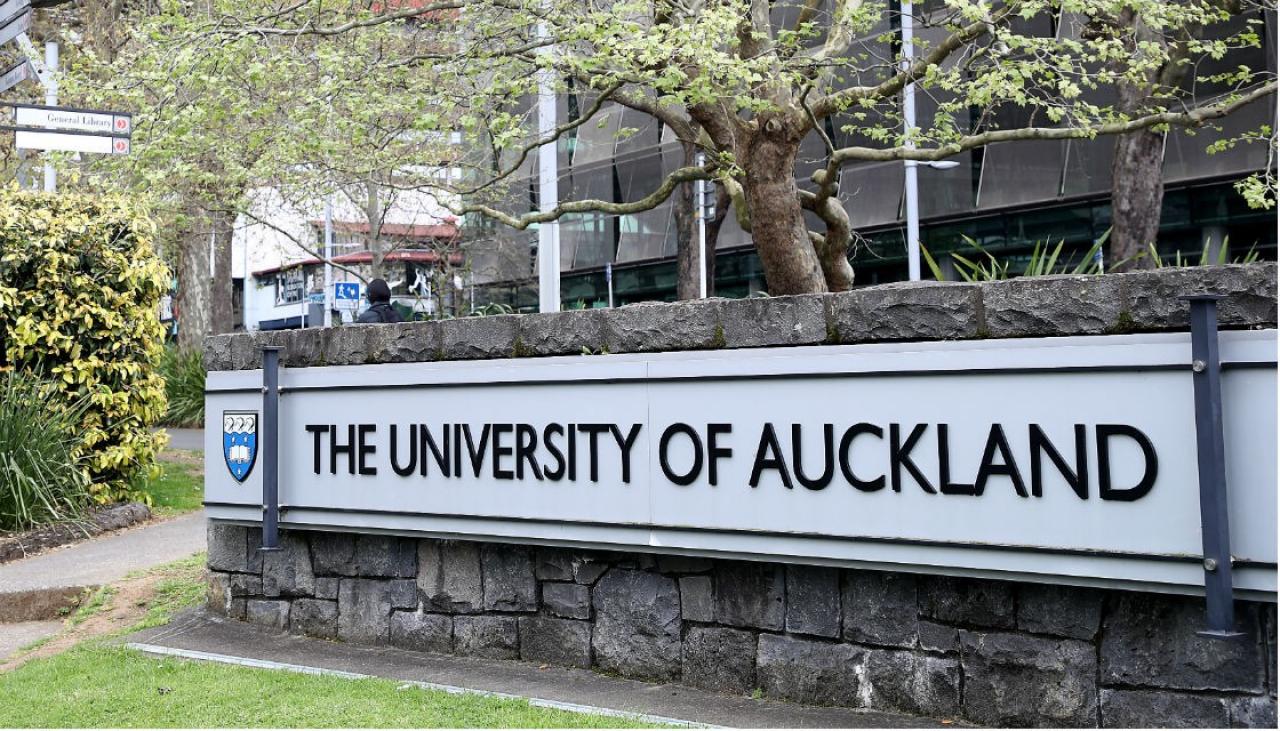University of Auckland: Teacher burnout study gets significant results
University of Auckland PhD candidate Georgi Toma’s thesis was already focused on the endemic issue of teacher stress, but with the extra strain of the Covid lockdowns, she saw a way to put her background in cognitive behavioural therapy and mindfulness training to the test; with extraordinary results.
As part of her thesis, she designed an intervention study in the form of a workplace wellness programme that involved 32 teachers and teacher aides from all around New Zealand.
The participants, aged between 30 to 59, volunteered to trial The Heart and Brain Wellbeing Protocol, a 90-day online programme of 12 sessions, aimed at alleviating stress and increasing general wellbeing.
The programme’s key goal was changing the way the brain and body respond to stress, as well as preventing and reversing emotional exhaustion – a main contributor to burnout – through simple neural training techniques, improving clarity and focus using various mindfulness tools and increasing energy through brain-rest practices.
Ms Toma analysed the participants’ levels of stress, burnout and wellbeing before, immediately after, and then three months after the end of the programme.
She used three tools: the Perceived Stress Scale, the most widely used psychological instrument for measuring the perception of stress, The Warwick-Edinburgh Mental Wellbeing Scale, the standard instrument for positive mental health and psychological functioning, and the Maslach Burnout Inventory (MBI), a leading measure of the extent and pattern of workplace burnout.
And the results were significant.
“My quantitative data revealed a 50% reduction in participants’ stress, a 40% reduction in burnout and a 45% increase in wellbeing,” she says. “The data also highlighted the participants’ appraisal of the programme as useful and effective, with a continuing positive effect three months afterwards.”
She believes this result is important for a profession that struggles with work-life balance to such an extent that quite a high percentage leave because of it within the first five years on the job.
While you can’t control what’s happening around you, you can reclaim power over your wellbeing by learning how to manage stress, and that is surely going to have a positive effect on your teaching and home life.
Georgi Toma, doctoral candidate
Faculty of Education and Social Work
“Having experienced my own issues with mental health and depression, I know how terrible it can be and how important it is to address it before it overwhelms you.”
She says various studies show that teacher stress is also compounded by factors like lack of equitable pay, managing difficult student behaviour, a lack of autonomy and decision-making power and increased demands for student assessment and reporting.
But while many of these are not within teachers’ control, she hopes her study shows that there are effective tools available to help them manage their own response to stress.
“While you can’t control what’s happening around you, you can reclaim power over your wellbeing by learning how to manage stress, and that is surely going to have a positive effect on your teaching and home life.”
Based in the University’s Faculty of Education and Social Work, Georgi Toma is the recipient of the prestigious Elite Editing Scholarship, which is only awarded to one person each year from a field of all doctoral students in New Zealand and Australia.
She is also the doctoral winner of the faculty Three Minute Thesis competition (3MT®) and will present in the University-wide final on 6 August, with a chance of progressing to the Asia-Pacific final on 20 October.

